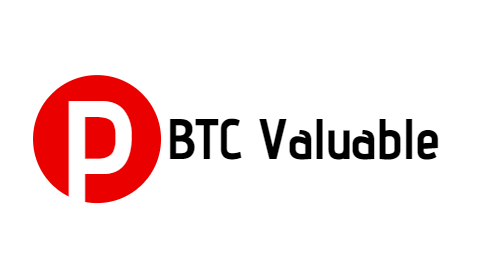MoneyGram has yet to see any “negative impact” on its longstanding business arrangement with Ripple from the U.S. Securities and Exchange Commission’s (SEC) lawsuit against the latter company.
“MoneyGram will continue to monitor the situation as it evolves,” a company spokesperson told CoinDesk in an emailed statement. “MoneyGram has continued to utilize its other traditional FX trading counterparties throughout the term of the agreement with Ripple.”
The SEC alleged in a case filed Tuesday that Ripple used XRP (-20.47%), the cryptocurrency two of its founders created, to conduct an ongoing, $1.3 billion sale of unregistered securities.
Ripple owns more than 4% of MoneyGram and paid MoneyGram $9.3 million in the third quarter of this year for providing liquidity for Ripple’s XRP-based cross-border settlement network. All in, Ripple has given MoneyGram $52 million for using Ripple’s on-demand liquidity (ODL) service.
On-demand liquidity through Ripple’s xRapid cross-border payment service allows companies to transfer funds from one currency to XRP and from XRP to another currency. This allows enterprises to avoid opening a bank account in countries they want to send payments to, letting them avoid holding funds there for cross-border transactions.
MoneyGram, currently the second-largest money transfer provider in the world behind Western Union, has used Ripple’s ODL to move in and out of four currencies since June 2019. At the time, CEO Alex Holmes said MoneyGram was becoming a “chief partner for cross-border settlement using digital assets.”
In the complaint filed Tuesday, the SEC seems to make a mention of MoneyGram when it alleges that “onboarding onto ODL was not organic or market-driven” but rather “subsidized by Ripple.” MoneyGram was not identified by name in the SEC complaint though it did specify that Ripple paid the unnamed money transmitter $52 million in fees through September 2020, in an arrangement that began in 2019.
“The Money Transmitter became yet another conduit for Ripple’s unregistered XRP sales into the market, with Ripple receiving the added benefit that it could tout its inorganic XRP ‘use’ and trading volume for XRP,” the SEC alleged.
MoneyGram declined to comment further.

